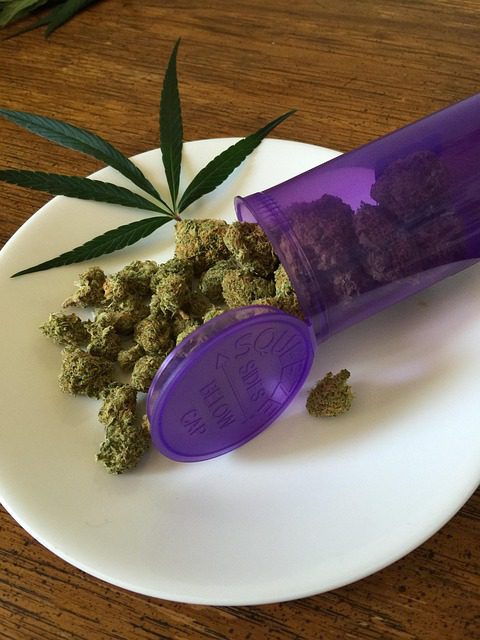Cannabis in Sorocaba: The Ongoing Debate

Sorocaba, a rapidly growing city in São Paulo state, Brazil, has a diverse and dynamic culture. As in the rest of Brazil, cannabis remains illegal, but discussions about its use—both recreational and medicinal—are becoming more common. While law enforcement continues to crack down on drug trafficking, attitudes toward cannabis are slowly shifting, especially in medical and scientific communities on weed in Sorocaba.
Legal Status of Cannabis
Cannabis is illegal in Brazil under Law No. 11,343/2006, which distinguishes between personal use and drug trafficking on weed in Sorocaba:
- Personal Use – Those caught with small amounts of cannabis are not imprisoned but may be required to do community service, attend educational programs, or receive a warning.
- Drug Trafficking – If a person is found with a larger amount or under suspicious circumstances, they may face 5 to 15 years in prison.
The challenge lies in how authorities interpret the amount and context, which can lead to inconsistent enforcement.
Medical Cannabis in Sorocaba
While recreational cannabis remains illegal, medical cannabis has made progress in Brazil. Since 2015, the country has allowed certain cannabis-based medications for patients with conditions like epilepsy, chronic pain, and multiple sclerosis. In Sorocaba, some patients obtain CBD (cannabidiol) oil through ANVISA, the Brazilian health agency. However, importing legal medical cannabis is expensive, making it inaccessible to many.
Local activists and associations are pushing for better access to medical cannabis, especially for patients with severe conditions.
Where People Get Cannabis in Sorocaba
Despite its illegal status, cannabis is still widely available in Sorocaba. It typically comes from three main sources:
- Paraguayan “Prensado” – The most common form of cannabis in Brazil is low-quality compressed weed, usually smuggled from Paraguay. It is cheap but often contains seeds, stems, and chemical residues.
- Locally Grown Cannabis – Some people cultivate higher-quality cannabis in small indoor or outdoor setups. These individuals prioritize organic and pesticide-free products.
- Imported High-Quality Strains – A small number of consumers have access to premium strains, edibles, and cannabis concentrates imported from North America and Europe. These products are expensive and harder to find.
Most cannabis transactions occur through word-of-mouth, encrypted apps, or social networks, as buying on the street can be risky.
Cultural and Social Attitudes Toward Cannabis
Attitudes toward cannabis in Sorocaba are changing, especially among younger generations. Many university students, artists, and progressive thinkers see legalization as a matter of personal freedom and public health. However, conservative sectors of society, including some religious and political groups, remain opposed to legalization.
As Brazil debates potential cannabis reforms, Sorocaba is part of a nationwide shift in attitudes. While full legalization is still distant, conversations about decriminalization and medical access are growing stronger.